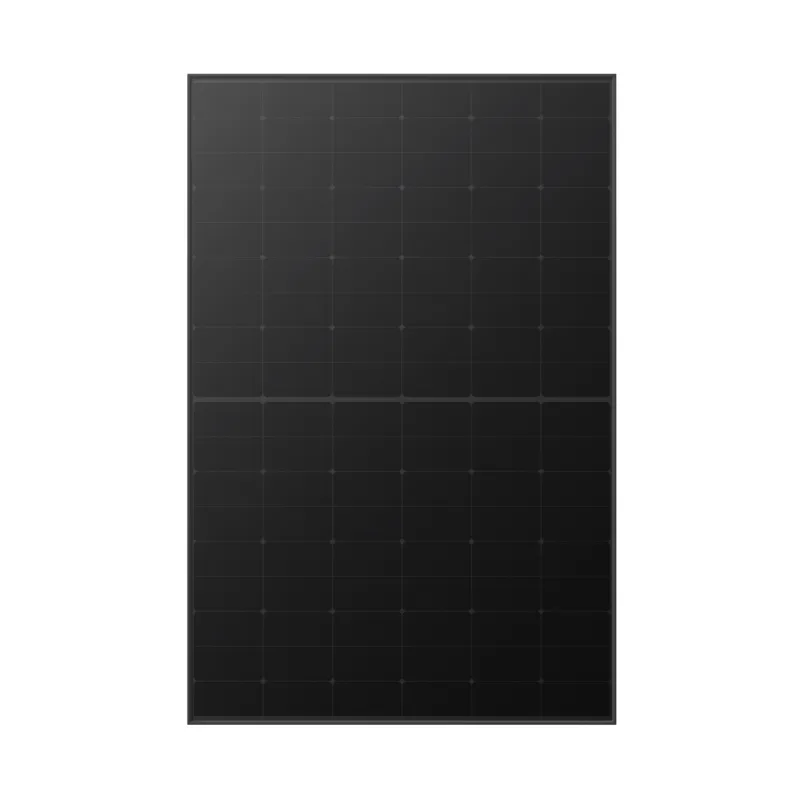size of solar panels per kwh
The Size of Solar Panels per kWh Understanding the Relationship
As the world shifts towards renewable energy sources, solar power continues to be one of the most promising options. One of the critical factors in evaluating solar energy systems is understanding the size of solar panels required to generate a specific amount of electricity, measured in kilowatt-hours (kWh). This article explores the relationship between the size of solar panels and their energy output, providing insights into how to maximize efficiency in solar installations.
Understanding Solar Panel Basics
Solar panels are composed of photovoltaic (PV) cells that convert sunlight into electricity. The power output of a solar panel is typically expressed in watts (W). Common residential solar panels range from 250W to 400W. To determine how many panels are needed to achieve a particular energy production goal, it’s essential to consider the amount of sunlight (solar irradiance) available in the area, usually measured in peak sun hours per day.
For instance, if you live in an area that receives about 5 peak sun hours per day and you have a 300W solar panel, the daily energy output of one panel can be calculated as follows
\[ \text{Daily Output (kWh)} = \text{Power Rating (W)} \times \text{Peak Sun Hours} \div 1000 \]
\[ \text{Daily Output} = 300W \times 5 \text{ hours} \div 1000 = 1.5 \text{ kWh} \]
This means a single 300W panel could produce approximately 1.5 kWh of electricity daily under ideal conditions.
Required Panel Size for Specific Energy Needs
When assessing how many solar panels you will need, start by determining your energy consumption. For instance, if your household consumes about 30 kWh per day, you would need to generate this amount using your solar panels. Using the previous example of a 300W panel, we can calculate the total number of panels required.
First, we determine how many kWh one panel generates in a month
size of solar panels per kwh

\[ \text{Monthly Output} = \text{Daily Output} \times 30 = 1.5 \text{ kWh} \times 30 = 45 \text{ kWh} \]
Now, to meet a monthly consumption of 900 kWh (30 kWh/day * 30 days), we would need
\[ \text{Number of Panels} = \text{Total Monthly Consumption (kWh)} \div \text{Monthly Output per Panel (kWh)} \]
\[ \text{Number of Panels} = 900 \text{ kWh} \div 45 \text{ kWh/panel} \approx 20 \text{ Panels} \]
Factors Influencing Solar Panel Size Requirement
1. Location Geographic location significantly influences solar panel size requirements. Areas that receive more sunlight will need fewer panels to generate the same amount of energy compared to regions with less sunlight.
2. Panel Efficiency The efficiency of solar panels indicates how much sunlight is converted into usable electricity. Higher efficiency panels can produce more energy from the same amount of sunlight, potentially reducing the total number of panels needed.
3. Shading and Orientation The positioning of solar panels and any nearby obstructions that cast shadows can reduce energy output, impacting the number of panels needed.
4. System Losses It's important to consider system losses, which typically range from 10-20% due to factors like inverter efficiency, thermal losses, and wiring losses. Adjusting for these losses is crucial in accurately sizing a solar array.
Conclusion
Understanding the size of solar panels required to produce a specific amount of kWh is vital for optimizing a solar energy system. By accounting for factors such as location, efficiency, and energy consumption, homeowners and businesses can make informed decisions about their solar investments. As technology continues to advance and new, more efficient panels become available, the relationship between solar panel size and energy generation will evolve, making solar power an increasingly viable and attractive energy source for all.
-
Unlocking Energy Freedom with the Off Grid Solar InverterNewsJun.06,2025
-
Unlock More Solar Power with a High-Efficiency Bifacial Solar PanelNewsJun.06,2025
-
Power Your Future with High-Efficiency Monocrystalline Solar PanelsNewsJun.06,2025
-
Next-Gen Solar Power Starts with Micro Solar InvertersNewsJun.06,2025
-
Harnessing Peak Efficiency with the On Grid Solar InverterNewsJun.06,2025
-
Discover Unmatched Efficiency with the Latest String Solar InverterNewsJun.06,2025







